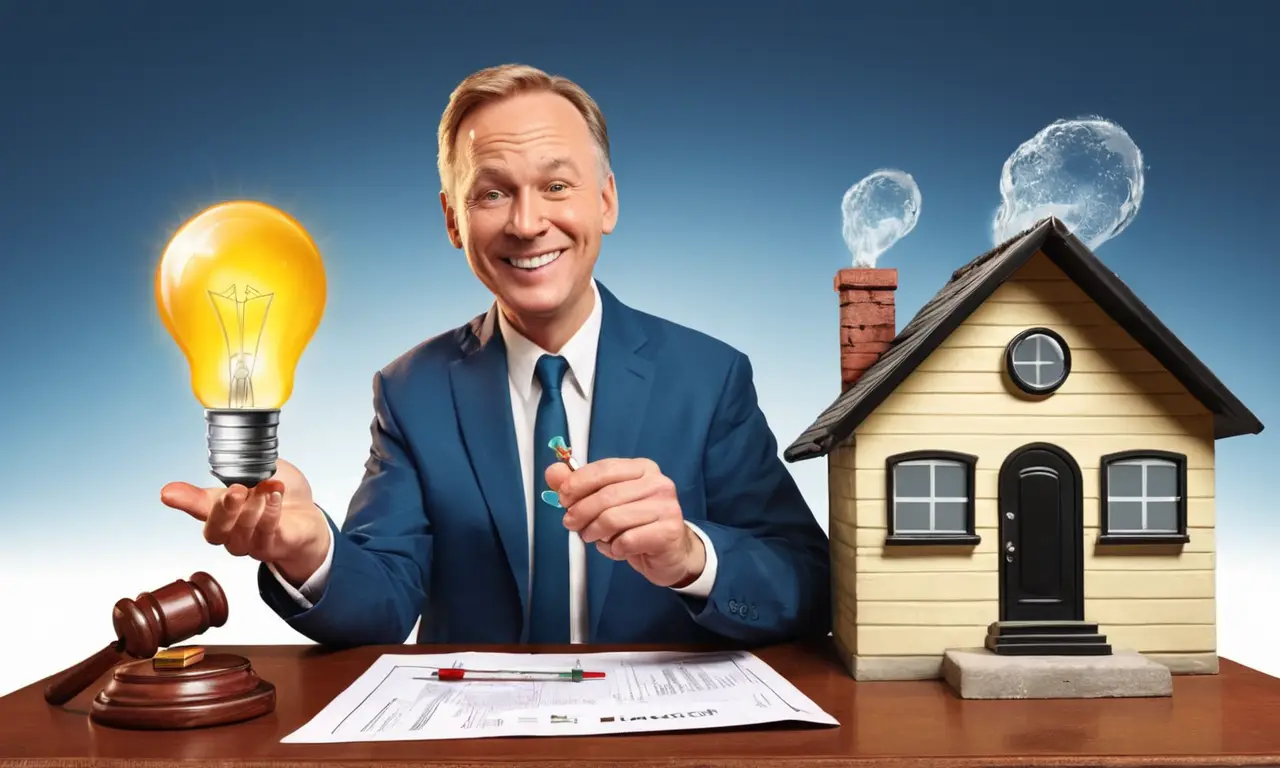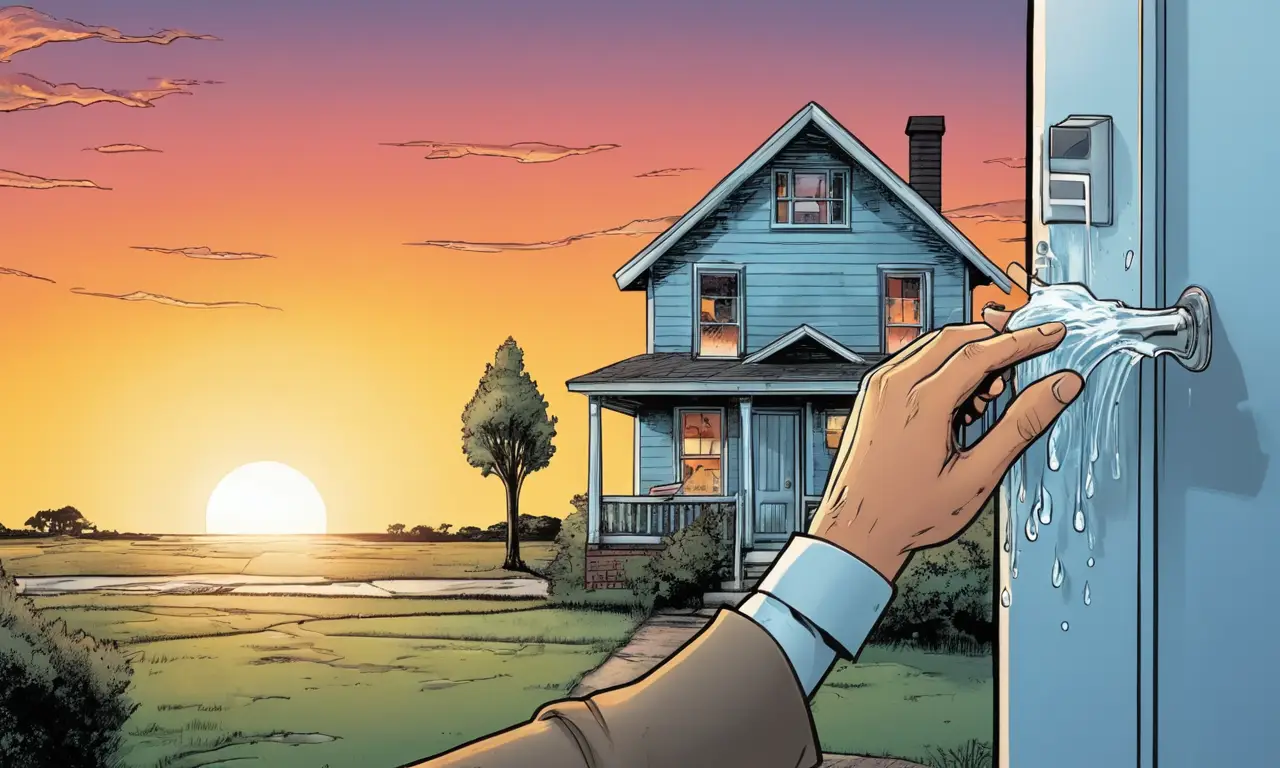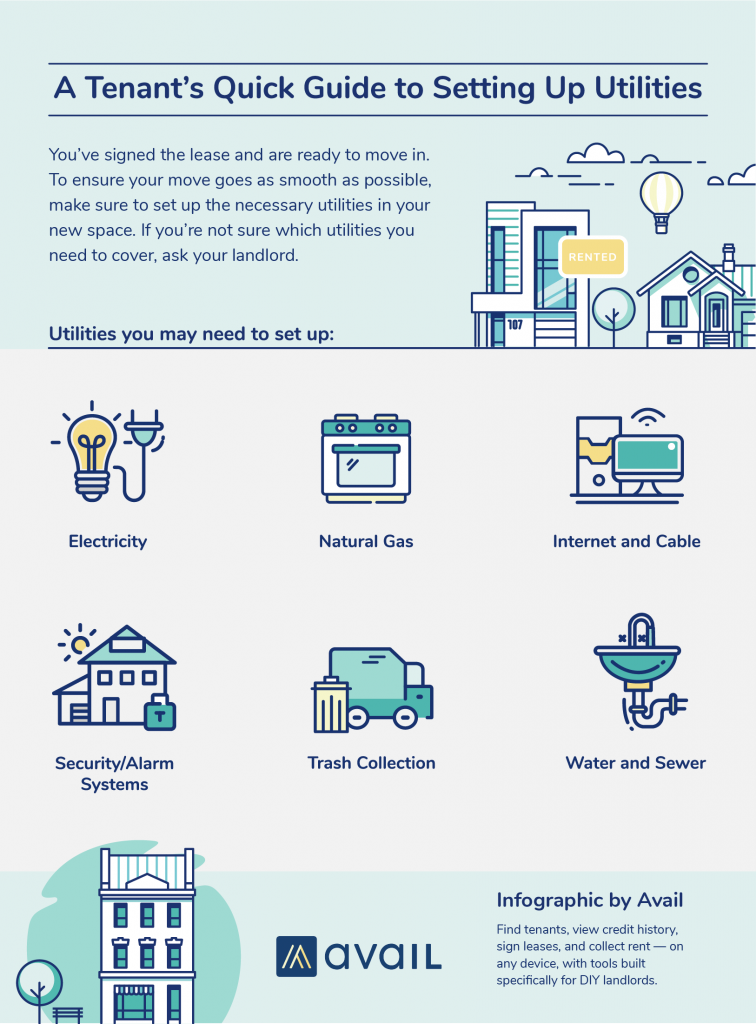Navigating the world of renting can be complex, especially when it comes to understanding who pays for what. One common point of confusion is utility responsibility. Knowing which bills you’re responsible for as a tenant can save you headaches and financial surprises down the road. This article will break down the intricacies of utility responsibilities in rentals, empowering you to make informed decisions about your living arrangements.
This guide will explore the typical division of utility responsibilities between tenants and landlords, delve into the specifics of electricity and water bills, and emphasize the importance of thoroughly reviewing your lease agreement. By the end, you’ll have a clear understanding of your obligations and can confidently approach your next rental experience.
Utility Responsibilities in Rentals
Generally, utilities are divided into two categories: those typically paid by tenants and those often covered by landlords. While these are common practices, local regulations and individual lease agreements can vary, so it’s crucial to always confirm the specifics with your landlord or property manager.
Typically, tenants are responsible for paying their electricity bills. This means covering the costs associated with powering appliances, lighting, and heating/cooling systems within the apartment. Landlords often handle major utilities like water, sewage, and garbage collection, incorporating these costs into the monthly rent. However, some landlords may choose to bill tenants separately for these services.
Tenant vs. Landlord Responsibilities

Understanding the distinction between tenant and landlord responsibilities is paramount when it comes to utilities. Tenants are generally responsible for paying for their individual usage of electricity, gas (if applicable), internet, and cable TV. They are also typically responsible for any damages caused by their own negligence or misuse of appliances.
Landlords, on the other hand, are responsible for maintaining the structural integrity of the building, ensuring that major appliances like heating systems and water heaters are in working order, and addressing any issues related to plumbing, electrical wiring, or other essential infrastructure. They are also typically responsible for paying property taxes and insurance premiums.
Electricity Bills
Electricity bills are often a primary concern for tenants as they directly reflect their energy consumption habits. To minimize electricity costs, consider implementing energy-saving practices such as using LED light bulbs, unplugging electronics when not in use, and adjusting the thermostat accordingly.
Remember to monitor your electricity usage regularly by reviewing your monthly bill and identifying areas where you can potentially reduce consumption. Communicate with your landlord if you notice any unusual spikes in your electricity bill, as it could indicate a faulty appliance or an issue with the building’s electrical system.
Water and Other Utilities

Water and other utilities like sewage and garbage collection are often handled differently depending on local regulations and individual lease agreements. In some cases, these utilities may be included in the monthly rent, while in others, tenants may receive separate bills from the landlord or a third-party provider.
It’s essential to clarify with your landlord or property manager which utilities are included in your rent and which ones you are responsible for paying separately. If water is billed separately, consider implementing water-saving practices such as taking shorter showers, fixing leaky faucets promptly, and being mindful of your overall water usage.
Lease Agreement Review
Your lease agreement serves as a legally binding contract outlining the terms and conditions of your tenancy, including utility responsibilities. Carefully review this document before signing to ensure you fully understand your obligations and rights regarding utilities.
Pay close attention to clauses that specify which utilities are included in the rent and which ones are the tenant’s responsibility. If any aspects of the lease agreement regarding utilities are unclear, don’t hesitate to ask your landlord or property manager for clarification before signing.
Conclusion
Understanding utility responsibilities when renting is crucial for both tenants and landlords. By clearly defining who pays for what, potential conflicts can be avoided, and a harmonious living environment can be fostered. Remember to always review your lease agreement thoroughly, communicate openly with your landlord, and implement energy-saving practices to manage your utility costs effectively.



